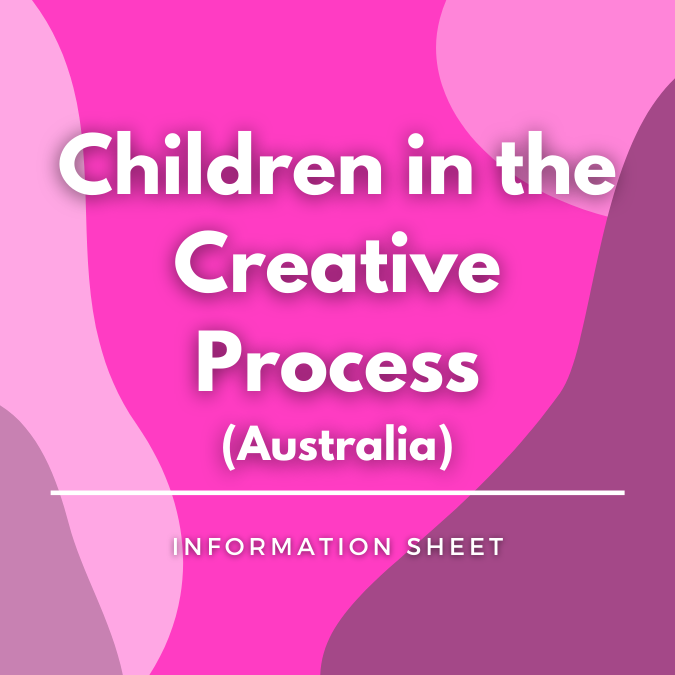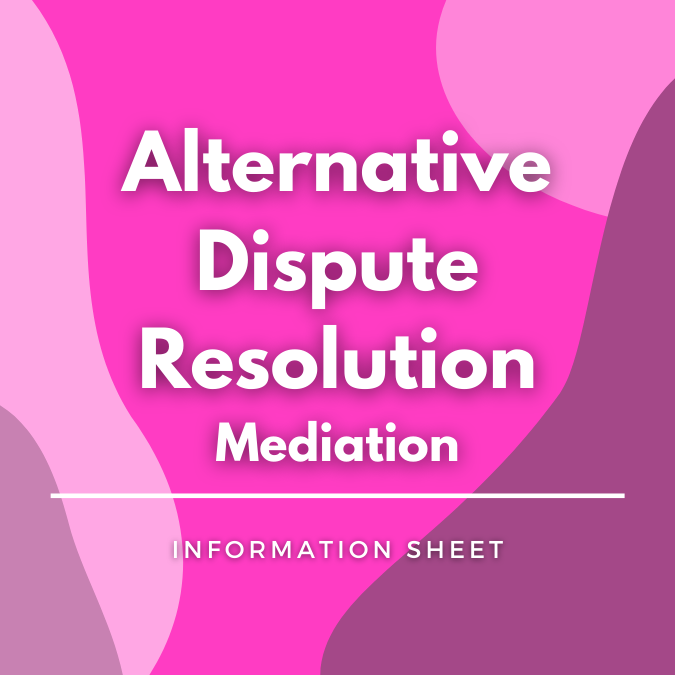Copyright Enforcement Review

In December 2022, the Australian Federal Government undertook a review into the current copyright enforcement regime aimed at protecting creative works from impermissible use. It later sought feedback on the current copyright protection mechanisms in Australia, primarily in terms of their efficacy and practical use.
Arts Law made a submission in March 2023 to the Attorney General’s Department about improving copyright enforcement options for creators, raising several issues and areas for improvement:
- Rising infringement driven by online platforms: Online platforms fail to provide users with education about copyright or help getting permission, leading to widespread misuse and sharing of content online. The ease of downloading, modifying and re-sharing content drives a rise in copyright infringement.
- Current enforcement options place an unreasonable burden on creators: Because infringing content may be replicated infinitely online, the burden on creators themselves to raise concerns about infringement is also amplified in the online environment. The exercise of monitoring unauthorised use of their content is intensely time, and money, consuming for artists. Additionally, takedown mechanisms on platforms such as Facebook or Amazon vary in efficiency and are inconsistent. Creators find their options exhausted, where these takedown mechanisms are largely ineffective, and the court process is too expensive and complicated.
- Minimum standards are required for online platforms: To remedy this, we suggested minimum standards being imposed on online platforms (through an industry code or guiding principles) requiring proactive steps to be taken to educate users about copyright, provide simple yet efficient takedown forms, impose harsher penalties for infringement, and provide rights-holders with effective channels through which to communicate directly with infringers.
- The need for a small claims forum for copyright infringement: Court accessibility is a major problem for artists and creators across the board, who may not have the financial resources to pursue a claim. Additionally, the value of these claims is often disproportionate to the financial resources required to commence proceedings. We suggested establishing a small claims tribunal like the Intellectual Property Enterprise Court in the United Kingdom or the Copyright Claims Board in the United States, which are designed to process small claims and self-represented litigants. This tribunal would provide flexible, low-cost, informal and active case management, acting as a lifeline for creators to protect their works.
Arts Law’s full submission can be viewed here.
Where we’re at now
As of November 2023, there have been no new legislative advancements directly stemming from the Copyright Enforcement Review. Specific policy changes or reforms have yet to be instituted, although the government has indicated its enthusiasm to continue speaking with us and other relevant stakeholders about what will be most effective for creators. We continue to hear from our clients how exasperating it can be when they are sure their copyright, and moral rights, have been infringed, but they feel they have exhausted all affordable legal channels geared towards rectifying the situation. At Arts Law we continue to stand with all artists and their rights to control and protect their works. We recognise the importance of strong and efficient copyright protection mechanisms, particularly in the digital age, and equally acknowledge the need to consider appropriate changes in the law and the way it’s administered to better assist creators.




